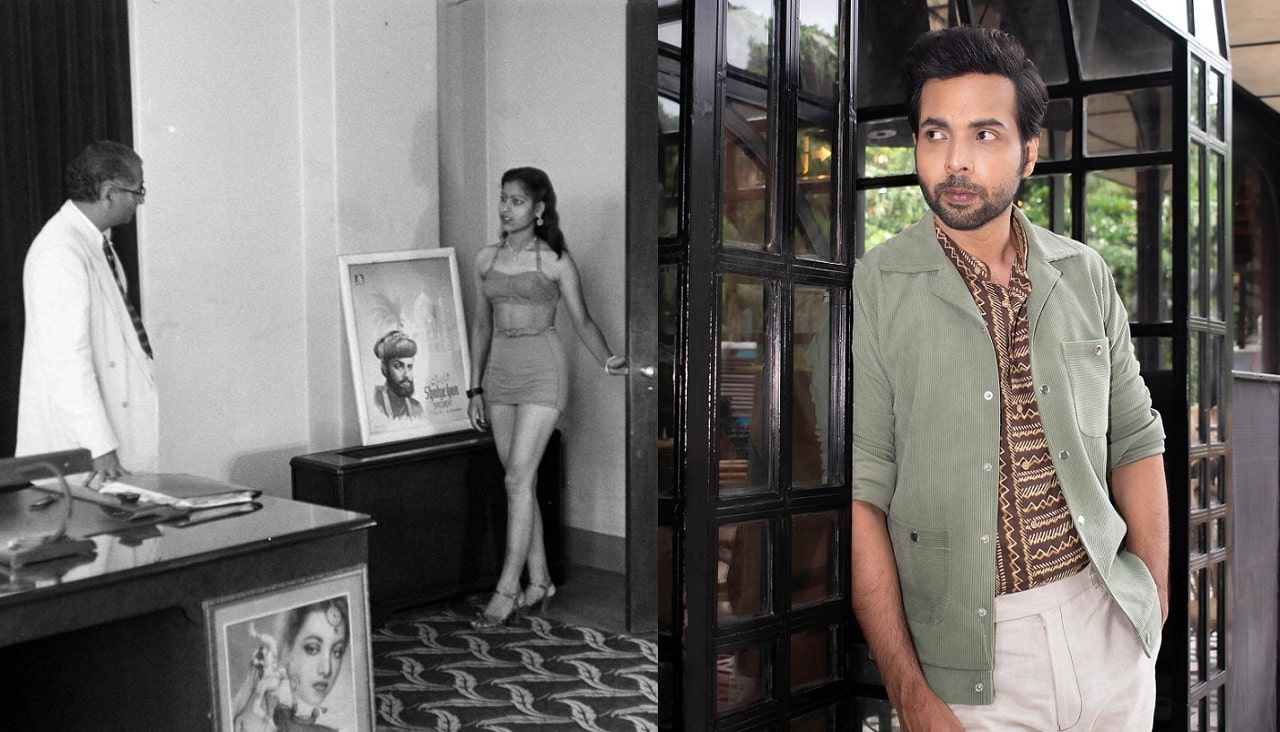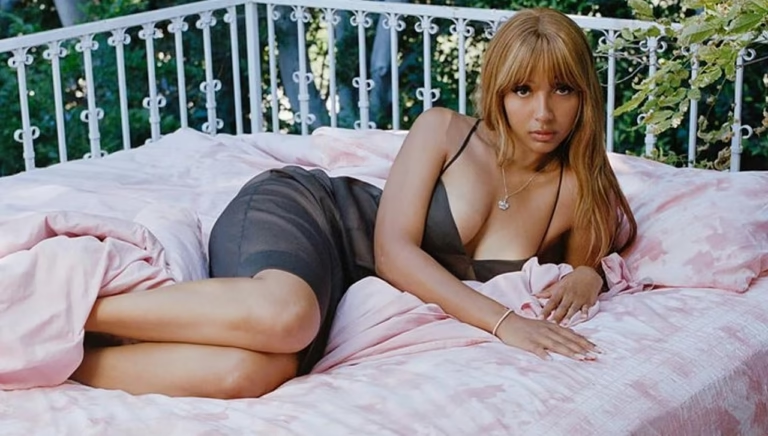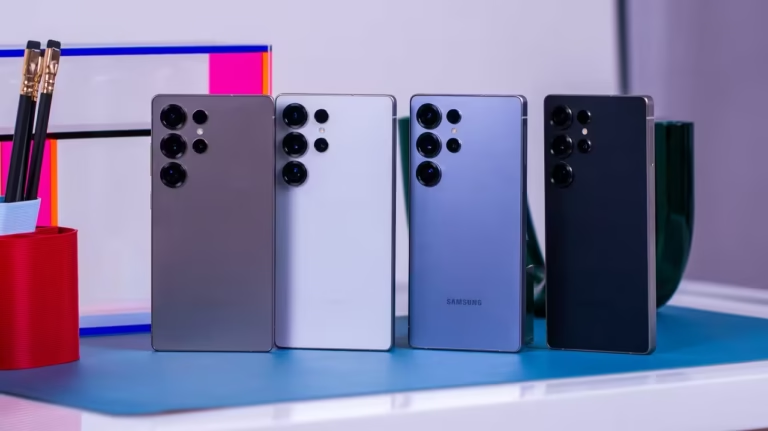Mumbai, September 13, 2025 – In a candid revelation that sheds light on one of Bollywood’s longstanding shadows, actor and casting director Abhishek Banerjee has disclosed that demanding sexual favors during auditions—colloquially known as “casting with sex”—was once a normalized routine in the Indian film industry.
Speaking in a recent interview, Banerjee emphasized that the global #MeToo movement has significantly altered this toxic culture, instilling a much-needed sense of accountability and fear among perpetrators.
Banerjee, best known for his roles in films like Stree 2 and Vedaa, and who founded the casting agency Casting Bay, shared these insights during a promotional event for his latest project. “Seeking sexual favors was a common practice back then,” he stated, reflecting on his experiences in the industry over the past decade.
“But after #MeToo, things have changed. There is fear now, and that’s a good thing. The movement has helped curb this menace.” He recounted an awkward encounter where aspiring actors mistakenly assumed he was offering roles in exchange for intimacy, simply because of his profession. “I said, ‘Main casting director hoon’.
They were like, ‘Oh, casting couch.’ I felt very embarrassed and awkward,” Banerjee shared, highlighting the stigma that lingers even as reforms take hold.
The term “casting couch” has long been a euphemism for the exploitative quid pro quo dynamics in entertainment, where powerful figures leverage opportunities to coerce vulnerable newcomers, predominantly women. Banerjee’s comments come at a time when Bollywood continues to grapple with its #MeToo legacy, nearly seven years after the movement exploded in India in 2018.
Triggered by allegations against veteran actor Nana Patekar by former Miss India Tanushree Dutta, the wave led to high-profile accusations against figures like Sajid Khan, Vikas Bahl, and Alok Nath, prompting temporary industry reckonings but also criticisms of superficial changes.
Banerjee’s agency has been instrumental in promoting ethical casting practices, and he credits the post-#MeToo era with fostering a more professional environment. “It’s important to have the fear of consequences,” he added, urging continued vigilance to prevent regression. While some insiders argue that underground exploitation persists, Banerjee’s account offers a glimmer of progress, underscoring how global movements can reshape even deeply entrenched cultural norms in Bollywood.
As the industry evolves with increasing calls for diversity and consent workshops, Banerjee’s words serve as a reminder of the battles won—and those still ahead—in the pursuit of a safer space for aspiring talent.
Casting With Sex in Bollywood: A Persistent Shadow and the Voices Calling for Change
The “casting couch”—a term originating from Hollywood but deeply embedded in Bollywood’s lexicon—refers to the insidious practice where industry gatekeepers, such as producers, directors, and casting agents, exploit their authority to demand sexual favors from aspiring actors in exchange for roles or opportunities.
This phenomenon has plagued the Hindi film industry for decades, thriving on power imbalances, lack of regulation, and the desperation of newcomers chasing stardom. While Bollywood’s glamour often overshadows its underbelly, the issue gained unprecedented scrutiny during the #MeToo movement in 2018, exposing systemic harassment and sparking debates on reform.
Historical Context and Ongoing Issues
Bollywood’s casting couch culture dates back to the industry’s formative years in the 1950s and 1960s, when the lack of formal audition processes and the dominance of star-driven nepotism created fertile ground for exploitation. Aspiring actors, especially women from non-film families, were particularly vulnerable, facing coercion that ranged from subtle innuendos to outright assault.
Reports suggest that this practice was not isolated but woven into the fabric of production houses and auditions, often normalized as a “rite of passage.”
The issues extend beyond immediate harm: victims endure psychological trauma, career blacklisting for refusal, and a culture of silence enforced by NDAs and fear of retaliation. A 2018 BBC documentary, Bollywood’s Dark Secret, highlighted anonymous accounts of groping and propositions during auditions, painting a picture of an industry where “no” could mean the end of dreams.
Post-#MeToo, while some production houses implemented sensitivity training and internal complaints committees, critics argue that enforcement remains lax.
A 2021 Hindustan Times report noted that producers and directors, rather than casting directors alone, often wield the real power in these abuses. Recent discussions, including those from 2025, question if true change has occurred or if the practice has merely gone underground amid social media scrutiny.
The movement’s impact in India was catalyzed by Tanushree Dutta’s 2018 accusation against Nana Patekar, which revived a 2008 harassment claim and ignited a firestorm. This led to FIRs, suspensions, and a temporary purge of accused individuals, but many cases fizzled due to evidentiary challenges and industry influence.
Today, with evolving laws like the 2013 Sexual Harassment of Women at Workplace Act, Bollywood faces pressure for accountability, yet the allure of fame continues to lure the unwary.
Statements from Indian Actresses: Breaking the Silence
Several prominent actresses have bravely shared their encounters, amplifying survivor voices and pushing for systemic change. Their testimonies reveal the personal toll and the gradual shift post-#MeToo.
Tanushree Dutta

The pioneer of India’s #MeToo, Dutta accused Nana Patekar of harassment on the set of Horn ‘OK’ Pleassss in 2008, a case reopened in 2018. “I was harassed physically and mentally… It’s time for women to speak up,” she told media outlets, expressing frustration over the initial police inaction that forced her to leave the country.
Surveen Chawla

In 2025 interviews, Chawla detailed early-career propositions, saying, “It was almost like the casting couch was expected. Saying no meant losing opportunities—it was crazy.” She noted #MeToo’s role in creating “fear of consequences,” but lamented the “cost of saying no” that still affects careers.
Mallika Sherawat

A vocal critic, Sherawat recounted multiple incidents of sexual harassment, stating in 2021, “I’ve faced the casting couch several times… Producers would call me to hotels under false pretenses.” She emphasized the industry’s patriarchal mindset as a root cause.
Radhika Apte

Featured in the 2018 BBC documentary, Apte described the “evils of the casting couch,” sharing how she was once asked to “compromise” for a role. “It’s a dark secret that needs to be exposed,” she said, advocating for better support systems for newcomers.
Swara Bhasker

In 2018, Bhasker revealed facing advances from a director, tweeting, “Casting couch exists… but it’s more about power dynamics.” She supported Dutta publicly, calling for industry-wide reforms.
Kangana Ranaut

Known for her outspokenness, Ranaut alleged in interviews that she was “approached” early in her career but refused, stating, “I’ve seen the casting couch destroy lives. #MeToo is a step forward, but we need stronger laws.”
These voices, among others like Kalki Koechlin and Sherlyn Chopra, have not only humanized the issue but also pressured Bollywood toward inclusivity. As Abhishek Banerjee’s recent comments suggest, #MeToo has instilled caution, but eradicating the casting couch requires sustained efforts in education, legal enforcement, and cultural shifts to protect the industry’s future talents.

Myself Aditya and I am from Mumbai, India. As an intern, I joined the local news agency in Mumbai named “The Mumbai News”. Now I am working with various News Agencies and I provide them reports from Mumbai and other parts of India.














